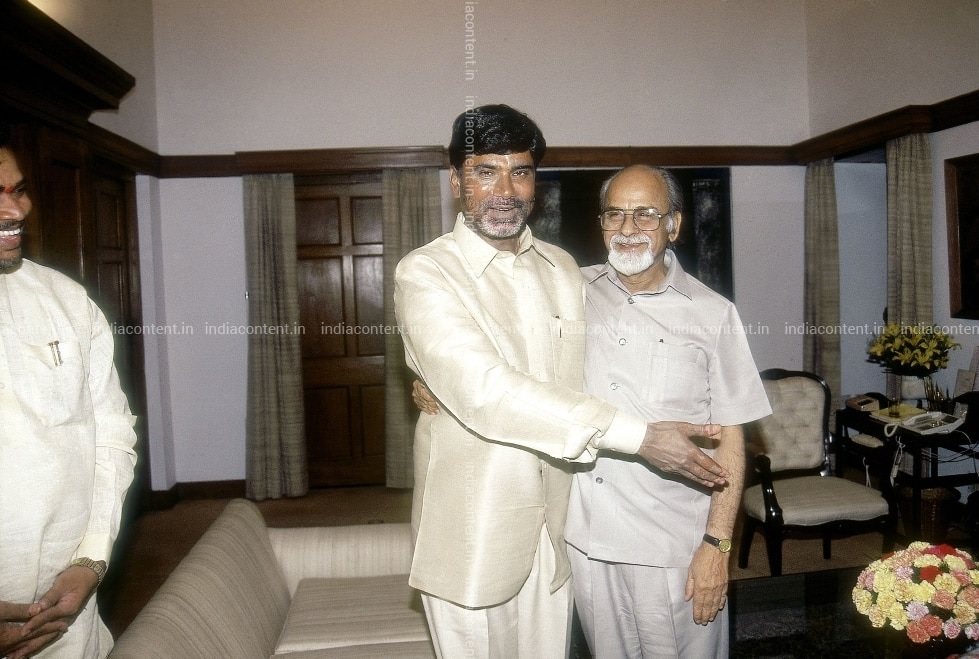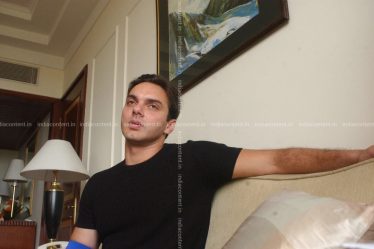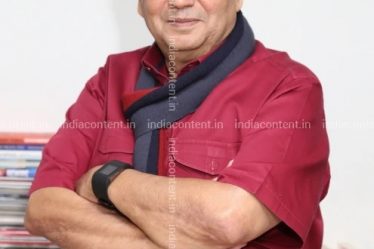
December 4 marks the 100th birth anniversary of the 12th Prime Minister of India, Inder Kumar Gujral, who also was the third Prime Minister to be elected from the Rajya Sabha, the Upper house of the Parliament of India, after Indira Gandhi and HD Deve Gowda.

Gujral served as Prime Minister briefly between April 1997 and March 1998. And, as external affairs minister, he advocated the ‘Gujral Doctrine’ of five principles to guide India’s conduct in maintaining good relations with immediate neighbours.
IK Gujral Biography
Born in Jhelum in undivided Punjab in British India on December 4, 1919, Inder Kumar Gujral hailed from a Punjabi Hindu Khatri family of freedom fighters. He himself actively participated in the freedom struggle since 1931 and even went to jail in 1942 during the Quit India Movement.
Gujral studied at D.A.V. College, Hailey College of Commerce and Forman Christian College, Lahore, all affiliated the University of Punjab. As a student, he became a member of the Communist Party of India.
Gujral has two sisters, Uma Nanda and Sunita Judge. On 26 May 1945, Inder Kumar Gujral married Shiela Gujral, with whom he had two sons, Naresh Gujral and Vishal Gujral.
Naresh Gujral is a Shiromani Akali Dal (SAD) MP and represents Punjab in the Rajya Sabha.
Besides, Gujral’s younger brother Satish Gujral is a world-renowned painter and sculptor.

I K Gujral’s Political Career
The political career of former Prime Minister I K Gujral’s started in 1958 as the vice-President of the New Delhi Municipal Corporation. Gujral joined the Indian National Congress (INC) in 1964 and continued to be a part of it till the 1980s. Later, he quit the INC to join the Janata Dal.
In 1975, when Indira Gandhi declared a state of emergency, Inder Kumar Gujral was the minister of information and broadcasting. He rejected the government’s demand to censor news bulletins and editorials. Consequently, he had to resign from his post and was made ambassador to the Soviet Union.
In 1989, Gujral was elected to Lok Sabha, the lowest house of the Parliament and served as Minister of External Affairs in Prime Minister V. P. Singh‘s eleventh cabinet of India. Gujral then handled the Kuwait crisis following the Iraqi invasion and ensured the safe evacuation of around two lakh Indian nationals from Kuwait.
Before becoming the Prime Minister, Gujral also served as the Minister of External Affairs under the then Prime Minister HD Deve Gowda led United Democratic Front (UDF) government from 1996 to 1997.
After the UDF government failed in April 1997, when Congress withdrew support, Gujral was appointed the new head of the government with the support of Congress. His swearing-in took place on April 21, 1997.
Gujral’s term came to an end in May 1998 following which the general elections were held, in which the National Democratic Alliance (NDA) led by Atal Bihari Vajpayee came to power.
Gujral died due to multiple organ failure on November 30, 2012, aged 92, just four days short of his 93rd birthday, at Medanta Hospital, Gurgaon.

I K Gujral Images on India Content
The India Content website has a huge stock of IK Gujral images. The pictures are available in three sizes – small, medium and large.
You can purchase various other content images from the https://www.indiacontent.in


